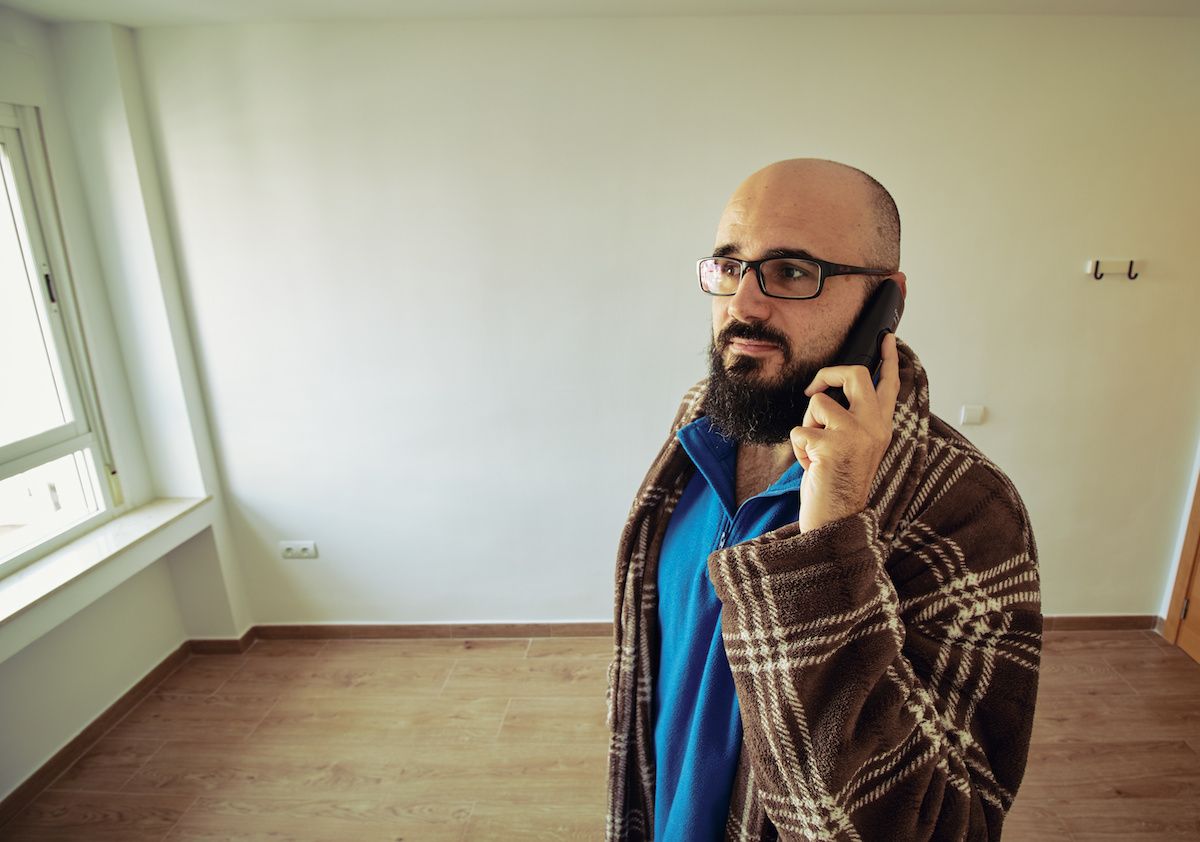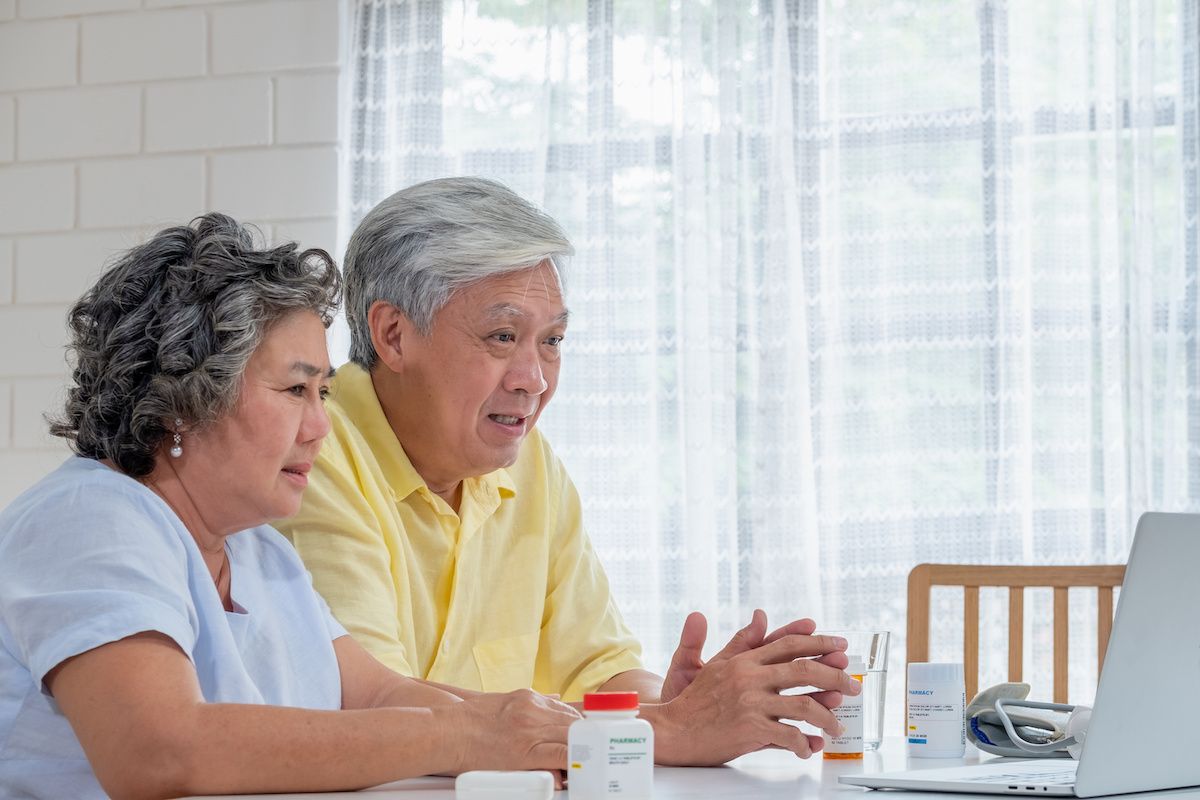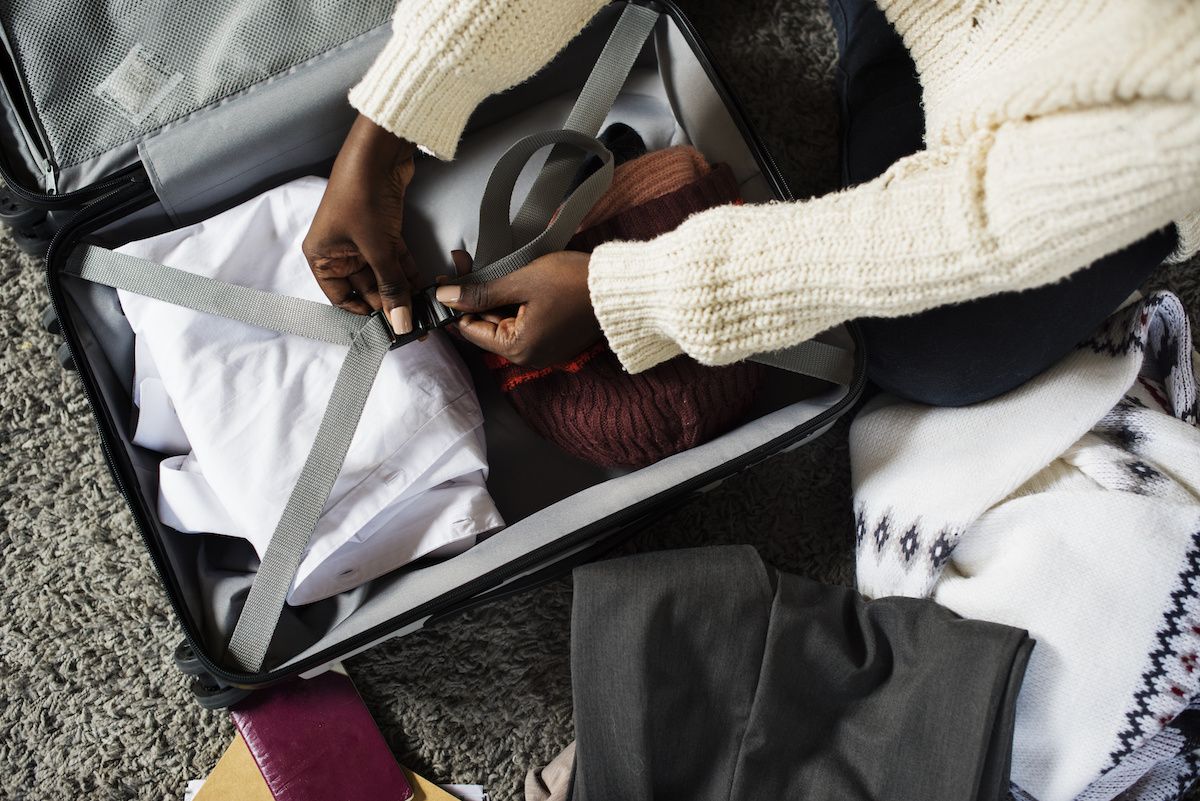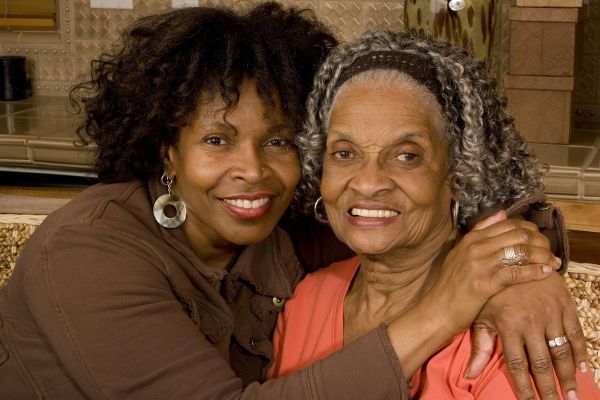Long-distance caregivers are invaluable. They are the family and friends who travel a considerable distance to care for ailing loved ones, ensuring they have what they need, from daily physical assistance to ongoing emotional support.
Roswell Park recognizes that all caregivers for cancer patients offer vital support to those going through a trying journey. Long-distance caregivers literally go the extra mile and demonstrate a strong commitment to helping. But these guardians from afar also need to care for themselves along the way. The following suggestions aim to make life a bit easier for long-distance caregivers of cancer patients.
1. Don’t go it alone.
Meet, consult and check in with all others involved in your loved one’s care. Exchange contact information with the patient’s healthcare team and ask them if you need to add other professionals or services — social workers, home healthcare workers, meal programs — to the care plan. Check whether the patient’s insurance provider covers any of these services. Your patient also may want to sign a release that gives doctors permission to discuss his/her medical care with you.
Ideally, other family members, neighbors and friends are also helping, and you can divide tasks or offer them a break during your visits. If you are alone, ask the patient if there is anyone in the area who can help, and contact nearby religious and social organizations that may offer volunteers who can help with care. Once you know all the helpers, develop a care plan, with the patient’s input and approval: organize a list of tasks the patient needs help with — including cleaning and meal prep — and divide up these duties. Don’t forget seasonal chores, including lawn care and snow removal. Adjust the plan as needs change.
2. Stay organized.
Start a care log that includes contact information of the healthcare team and home helpers, questions you or the patient has, and so forth. Include background information on the patient’s type of cancer, the treatment methods, any side effects that may occur and options you have to help them through these.
Confirm that the patient has all necessary and up-to-date legal, financial and insurance documents, including birth certificates, Social Security cards, wills, bank accounts, titles and policies. Make copies for your care log and store the originals in a fireproof box or safe-deposit box. Determine if someone has power of attorney for the patient, medical and legal; if not, ask your loved one to appoint someone.
3. Keep in touch.
Make sure you let your loved one know you are there in thought, even when you aren’t physically present. Text, email, call, send a card, whatever works best for you both. Look into getting the patient a cell phone and a subscription to an emergency call service if needed.
Also stay in touch with your fellow caregivers while you are away. Set up a regular phone call or video chat if necessary and keep track of any decisions, concerns and questions in your care log. Set up a regular check-in with the healthcare team, too, if needed. Knowing how your patient is doing, even at a distance, can lower your stress.
4. Think ahead.
Establish an emergency plan with your fellow caregivers — and get your patient’s sign-off on the plan — that anticipates things that could go wrong when your loved one is alone or conditions change. Make sure the patient’s phone has important numbers on speed dial, including 911, a close neighbor’s number and the numbers for you and other family members, friends and support people.
5. Prepare to bolt.
Be ready to travel quickly when necessary. At work, save vacation or sick days for this purpose. Investigate all travel options for short-notice trips: flight schedules and costs, rail and bus travel in case of bad driving weather, carpooling. Set aside funds for sudden travel. Establish your own helper — a neighbor or friend who can take in your mail, water your plants or care for your family, pets and home if you are called away.
At the same time, explore relocating, either temporarily or permanently, depending on your patient’s needs and your circumstances. Would moving closer to the patient help you in regard to how much time you spend commuting and contacting other caregivers? Should the patient adjust their living situation if they need increased care and services? Consider these questions as you continue to help out.
6. Take care of you.
Remember, you can’t do everything; set boundaries with your patient when necessary. Say no to tasks you don’t think you can handle, then arrange for someone else to do them instead. Take breaks during your visits to the patient’s home by asking one or two of the other caregivers to schedule regular stop-ins while you are in town.
Caring for a sick person can be physically demanding and emotionally draining. Stress can build up in you quickly, so allow yourself to find stress relievers that work best for you. Take walks, work out, get a massage, talk to a friend or a therapist, go to bed early and turn off your phone. Take up meditation or yoga. The cancer hospital where your loved one receives treatment may run support groups for patient caregivers. Remember to drink lots of water and eat healthy, too.
7. Forgive yourself.
Often long-distance caregivers feel guilty when they can come and go while others must spend time with the cancer patient in need. Or they blame themselves because the loved one they are helping isn’t getting better. Or they feel bad because the patient got cancer and they didn’t.
Remember that you are just one person, and cancer is a formidable opponent for us all. Cancer isn’t fair, and until we eliminate it, we have to accept that it exists and do what we can to help those affected by it. Do the caregiving that you can, then hand off the baton to the next person. Remember to care for your own physical, emotional and mental health as you take care of the person who has cancer. That way you will be at your best for the patient — and that’s the best gift you can give.
Whether you’re a caregiver who lives in Western New York or comes to town periodically, you’ll find lots of information and support at Roswell Park:
- The 11 Day Power Play Cancer Resource Center, on the first floor of the hospital, offers materials, resources and comfort. The center is open Mon.-Fri., 9 a.m.-4 p.m.
- Caregivers of patients who are undergoing stem cell transplant or other cellular therapies are invited to join the TCT Caregivers and Patients Support group. Learn about all our Support Groups.






